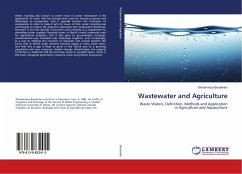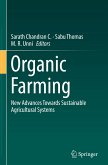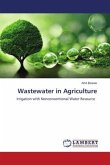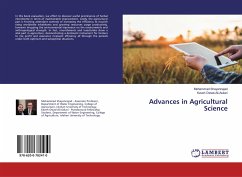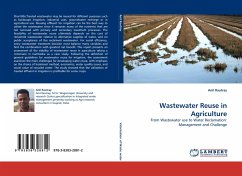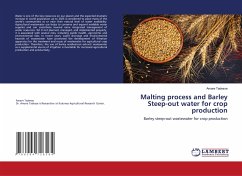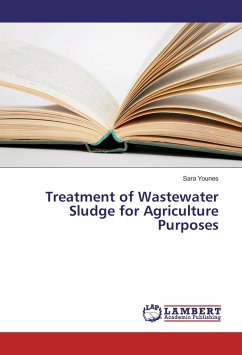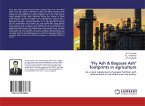Water recycling also known as water reuse or water reclamation is the application of water that has already been used for human purposes and discharged as wastewater, and it typically involves the treatment of wastewater in order to make it safe for reuse. At first, water recycling was used largely to reduce the pollution associated with wastewater discharge. However, in the last decade it has been used primarily as a supplement to dwindling water supplies. Recycled water in World is most commonly used for agricultural irrigation, but it also goes to groundwater recharge, environmental uses, industrial uses, landscape irrigation, and, increasingly, as a way to mitigate the intrusion of seawater into coastal aquifers. We know that in World water demand exceeds supply in many water years, and that this is gap is likely to grow in the future due to a growing population and new pressures, climate change. Nevertheless, the majority of farmers in California still do not have access to recycled water. There is still much untapped potential to conserve water and protect ecosystems.

